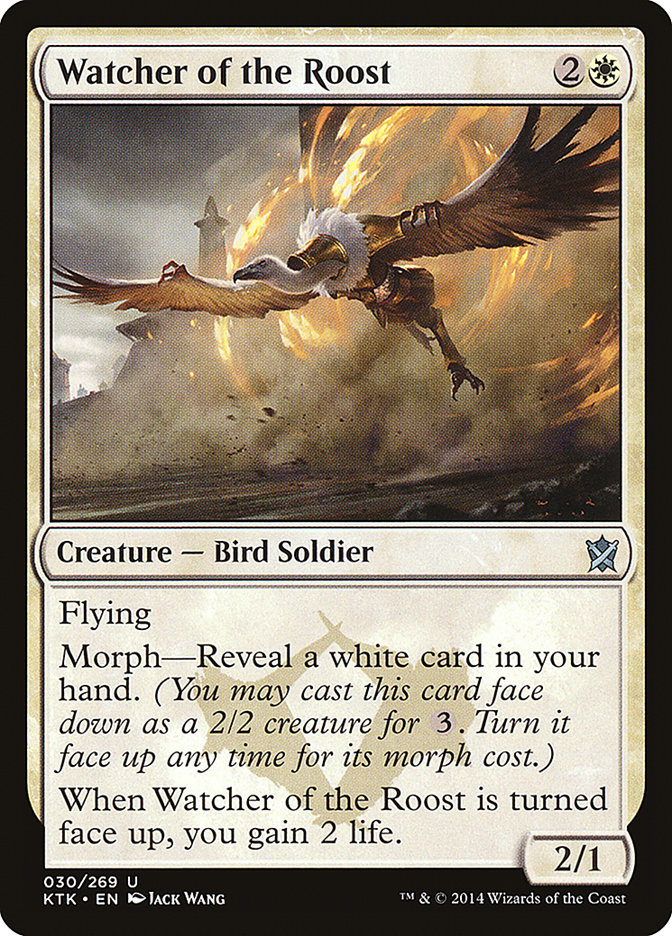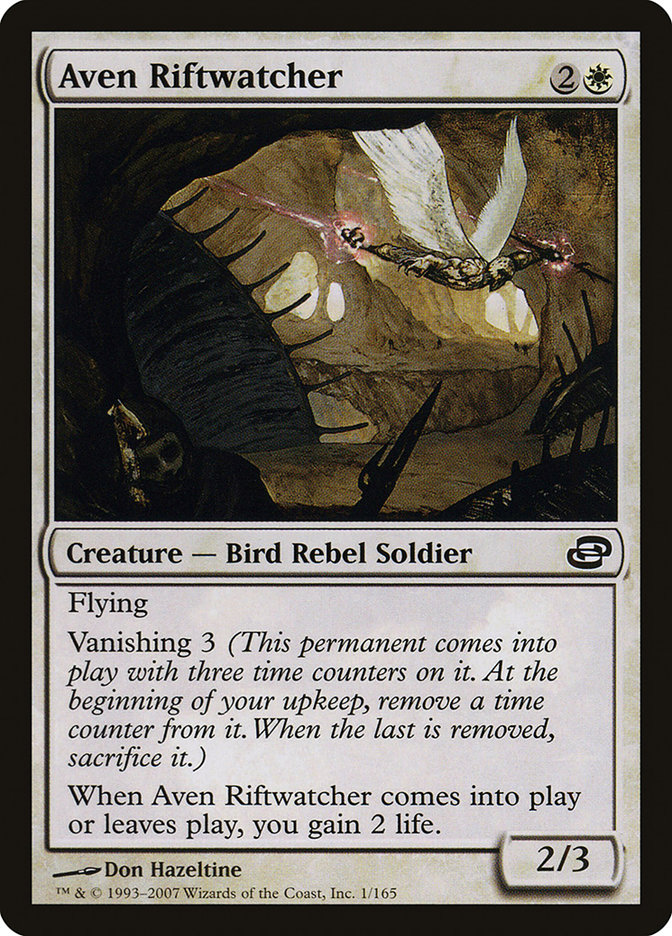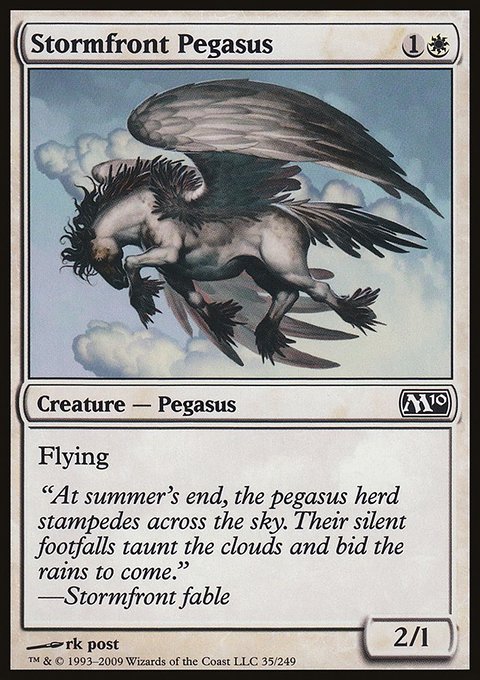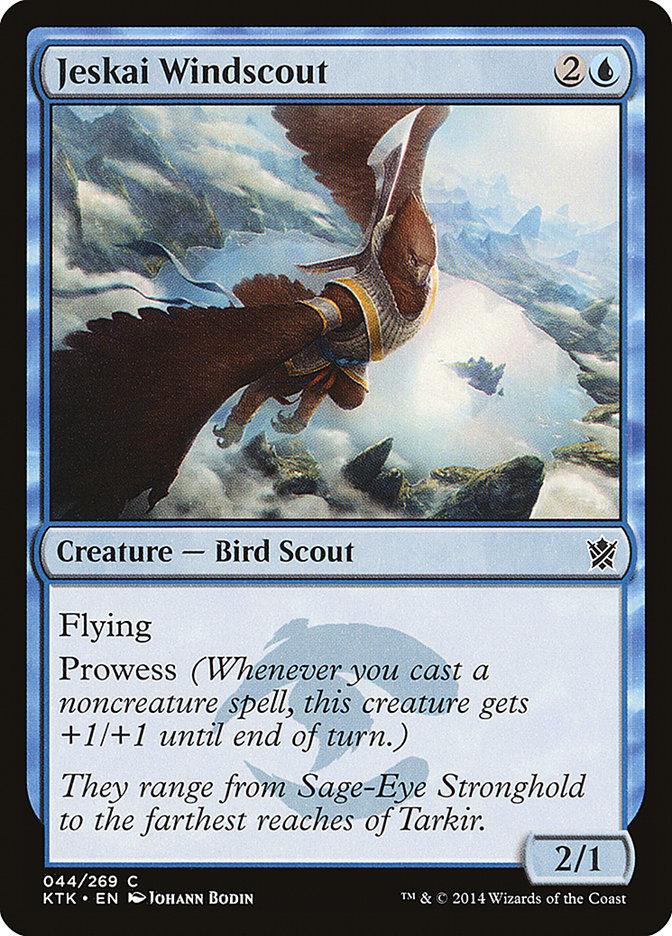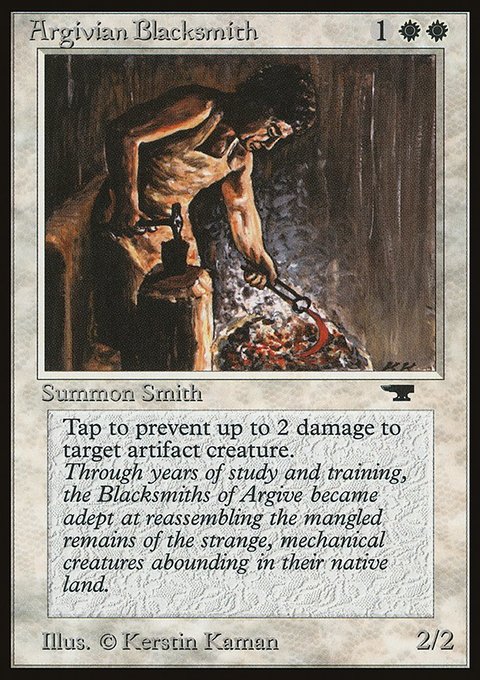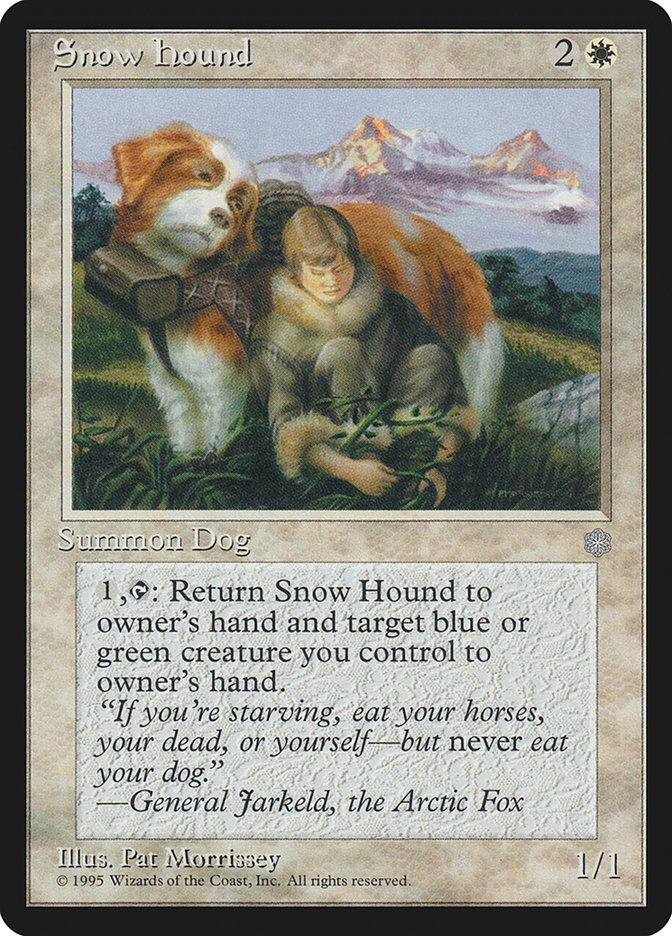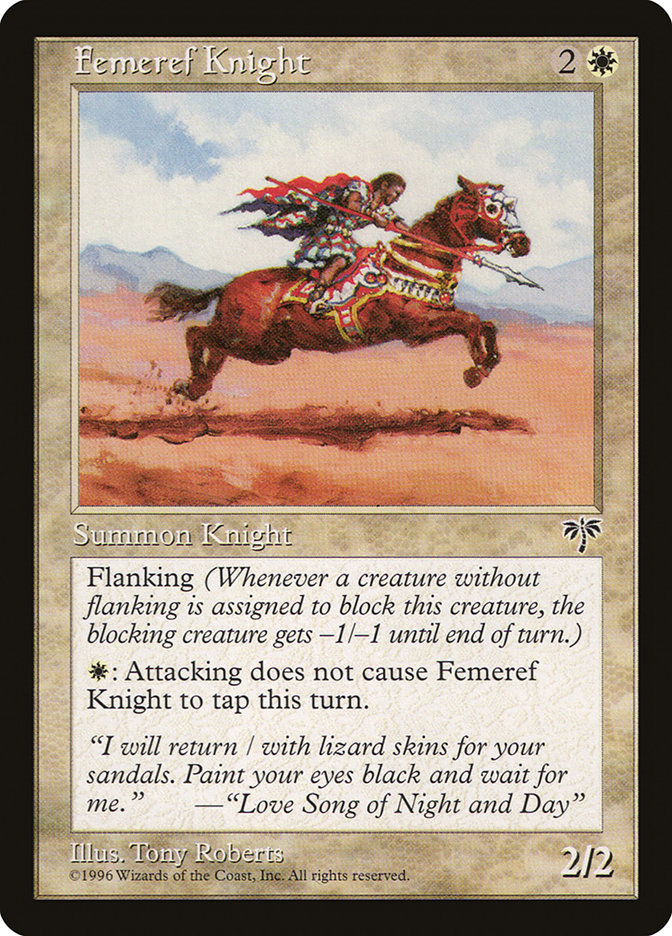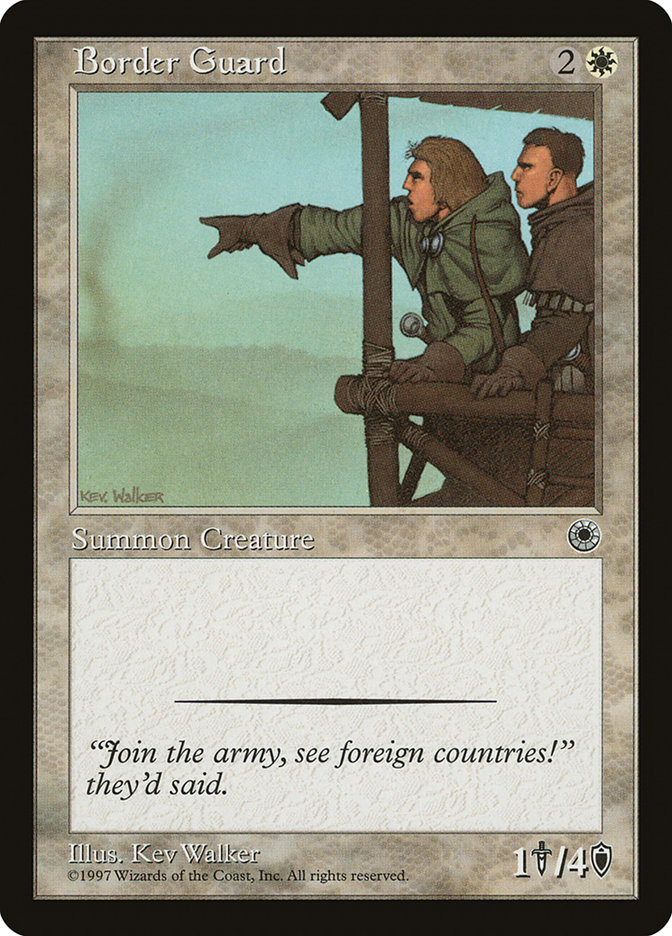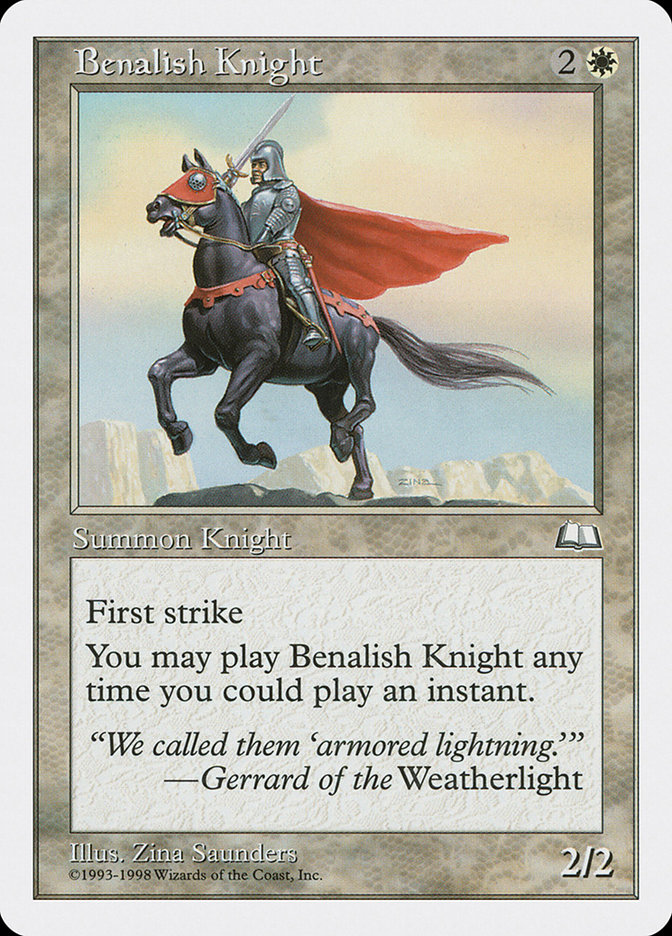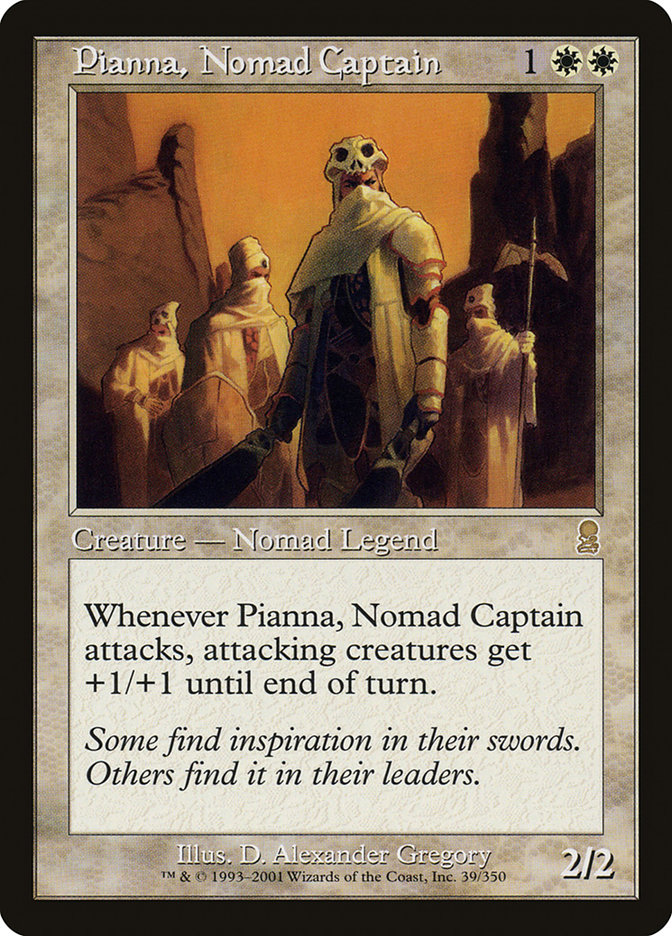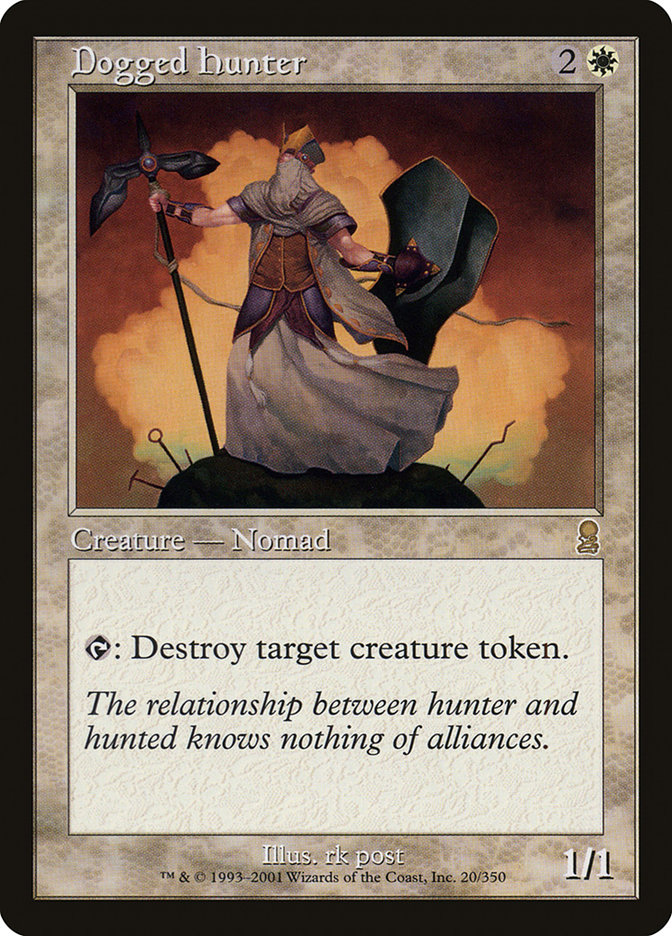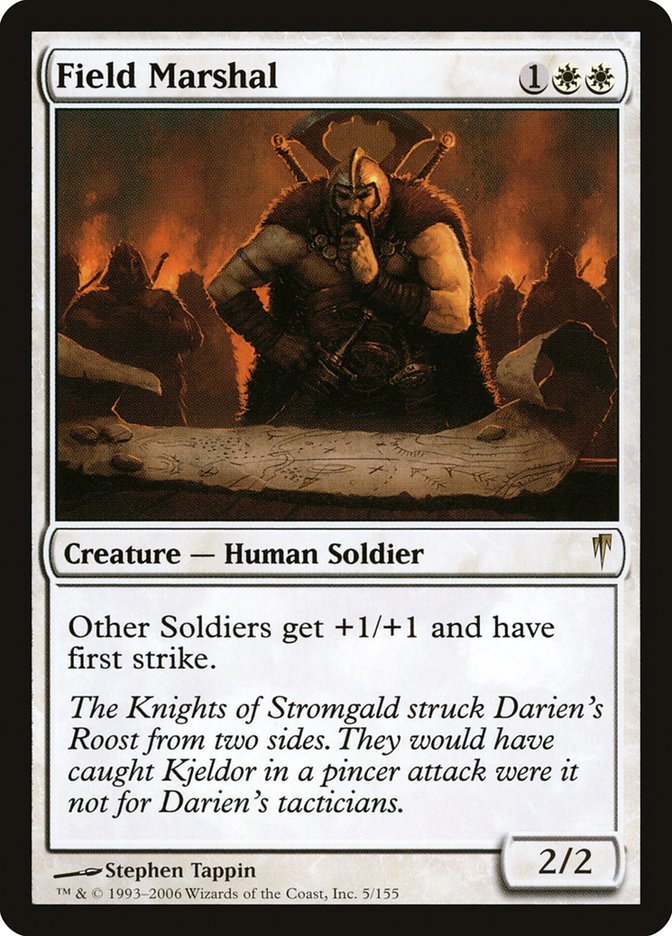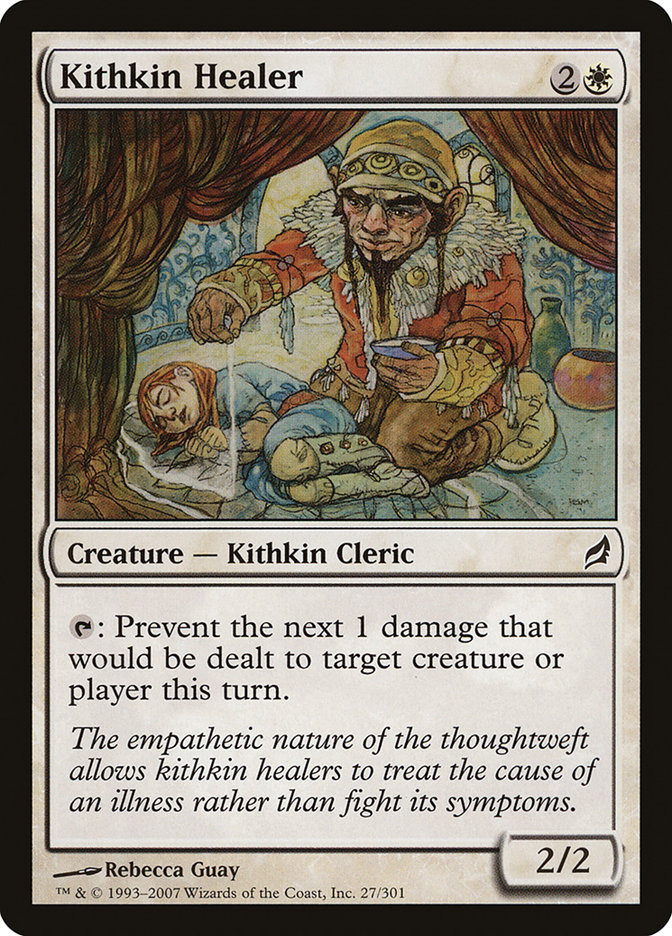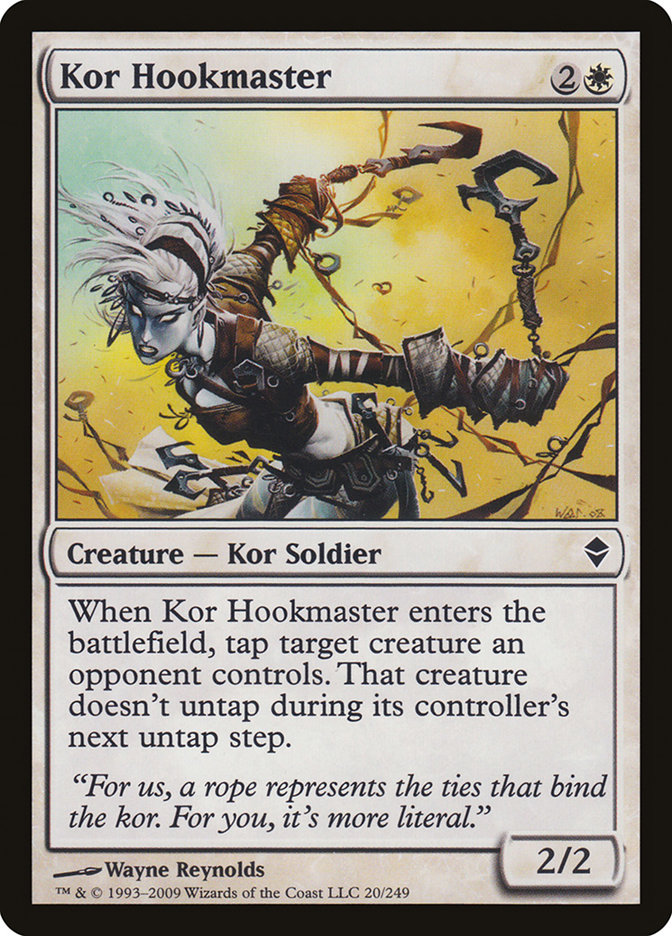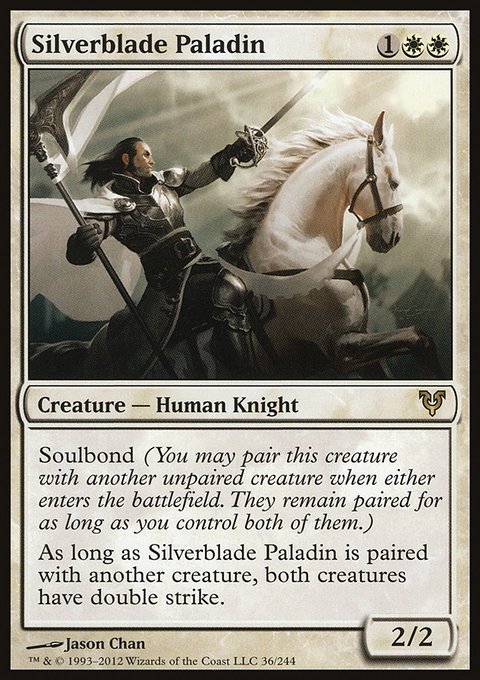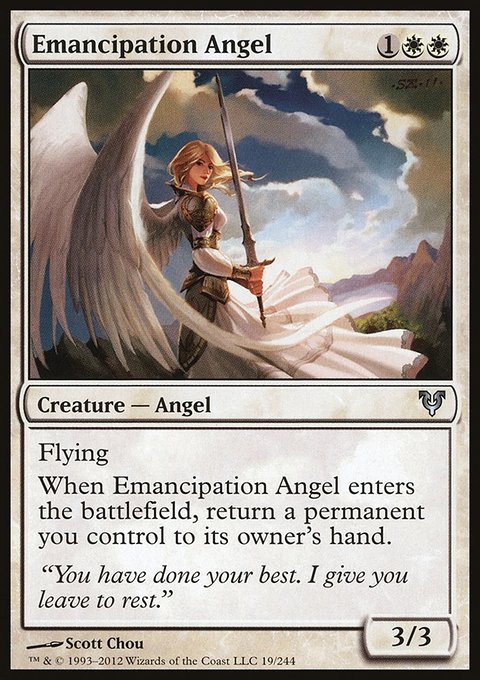Watcher of the Roost MTG Card
| Card sets | Released in 2 setsSee all |
| Mana cost | |
| Converted mana cost | 3 |
| Rarity | Uncommon |
| Type | Creature — Bird Soldier |
| Abilities | Flying,Morph |
| Power | 2 |
| Toughness | 1 |
Text of card
Flying Morph— Reveal a white card in your hand. (You may cast this card face down as a 2/2 creature for . Turn it face up any time for its morph cost.) When Watcher of the Roost is turned face up, you gain 2 life.
Cards like Watcher of the Roost
Watcher of the Roost offers a unique blend of abilities that situates it among interesting creatures in Magic: The Gathering. It shares similarities with cards like Aven Riftwatcher in terms of having flying and providing a form of life gain. However, Watcher of the Roost distinguishes itself with its morph ability, permitting it to be played face down and later turned face up to reveal its true form, which Aven Riftwatcher lacks.
Bearing resemblance to our feathered friend is also Stormfront Pegasus, another creature with a low mana cost and flying attribute. Although Stormfront Pegasus doesn’t have the morph mechanic, it’s a consistently solid flying creature that brings immediate board presence. Then there’s Jeskai Windscout which also offers flying and offers prowess, a mechanic that boosts its strength whenever you play noncreature spells. Unlike Watcher of the Roost, Jeskai Windscout incentivizes a spell-slinging strategy.
Ultimately, Watcher of the Roost’s ability to surprise an opponent and sway life totals subtly yet effectively carves its niche amongst other two-drop creatures with flying in the game. Its versatility and potential for strategic play give it an edge in certain MTG deck builds.
Cards similar to Watcher of the Roost by color, type and mana cost
Card Pros
Card Advantage: Watcher of the Roost provides a unique form of card advantage by allowing you to play with the top card of your library revealed if it’s a creature card. Additionally, it offers the ability to morph and turn face up, effectively replacing itself in your hand, which can keep your options open.
Resource Acceleration: This card can potentially speed up your gameplay by revealing a creature card from your hand, allowing you to morph it for a lesser cost. This can lead to having more mana available in the later stages of the game when transitioning the morphed Watcher of the Roost back to its original form.
Instant Speed: Its morph ability can be activated at instant speed, giving you the flexibility to react to your opponent’s moves during their turn. This can lead to surprise blocks or strategic reveals that can turn the tide of a game, providing you with advantageous battlefield presence.
Card Cons
Discard Requirement: Watcher of the Roost’s morph ability forces a player to reveal a white card from their hand, potentially revealing strategy and decreasing hand advantage. Discarding as a prerequisite can often be detrimental, especially when a player’s hand is already depleted.
Specific Mana Cost: This card requires white mana, which may not always be readily available in multicolored or non-white focused decks. As such, including Watcher of the Roost in a deck could limit deck-building versatility and can be a complication for players utilizing a more diverse mana base.
Comparatively High Mana Cost: Although Watcher of the Roost provides a beneficial flying unit at the cost of two white mana and one colorless, it can be considered a bit pricey for its stats and effect. There are other creatures in its mana range that offer similar or better abilities and stats, giving players more value for the same or lower mana investment.
Reasons to Include Watcher of the Roost in Your Collection
Versatility: Watcher of the Roost can seamlessly adapt to various deck strategies. Its morphing ability allows for tactical plays, hiding your creature’s identity before surprising your opponent at the opportune moment.
Combo Potential: This card pairs well with effects that reward you for revealing cards with certain characteristics or for unmorphing creatures. It adds a multi-faceted combo enabler to your collection that can be pivotal in turning the tide of a game.
Meta-Relevance: In a meta where the element of surprise can make or break a match, Watcher of the Roost holds its ground. The utility of a flying creature that can be played as a morph and then revealed for a strategic advantage keeps it relevant, particularly in formats that appreciate stealth and versatility.
How to beat
Watcher of the Roost brings a unique dynamic to the battlefield in Magic: The Gathering, with the ability to bolster your aerial defense while maintaining card advantage. This flying creature can quietly strengthen your board presence, all the while holding the potential for a surprise reveal from your hand.
Deal with Watcher of the Roost by prioritizing removal spells that can specifically target creatures with flying. This tactical maneuver ensures your opponent can’t capitalize on its morph ability, denying them the chance to unveil a white card and gain life. Additionally, keeping instant-speed interaction handy allows you to respond to any attempt your opponent makes to turn this hidden threat into an advantage. It’s crucial to manage the pace and maintain board control against cards like Watcher of the Roost that carry both an immediate threat and a latent strategic benefit.
Overall, a key strategy to dismantle the Watcher’s impact is to keep your skies clear and react swiftly, intercepting this versatile flier before it can morph into an even greater challenge on the field. Being proactive against Watcher of the Roost keeps it from subtly shifting the game in your opponent’s favor.
Where to buy
If you're looking to purchase Watcher of the Roost MTG card by a specific set like Magic Online Promos and Khans of Tarkir, there are several reliable options to consider. One of the primary sources is your local game store, where you can often find booster packs, individual cards, and preconstructed decks from current and some past sets. They often offer the added benefit of a community where you can trade with other players.
For a broader inventory, particularly of older sets, online marketplaces like TCGPlayer, Card Kingdom and Card Market offer extensive selections and allow you to search for cards from specific sets. Larger e-commerce platforms like eBay and Amazon also have listings from various sellers, which can be a good place to look for sealed product and rare finds.
Additionally, Magic’s official site often has a store locator and retailer lists for finding Wizards of the Coast licensed products. Remember to check for authenticity and the condition of the cards when purchasing, especially from individual sellers on larger marketplaces.
Below is a list of some store websites where you can buy the Watcher of the Roost and other MTG cards:
 BUY NOW
BUY NOW BurnMana is an official partner of TCGPlayer
- eBay
- Card Kingdom
- Card Market
- Star City Games
- CoolStuffInc
- MTG Mint Card
- Hareruya
- Troll and Toad
- ABU Games
- Card Hoarder Magic Online
- MTGO Traders Magic Online
See MTG Products
Printings
The Watcher of the Roost Magic the Gathering card was released in 2 different sets between 2014-09-26 and 2014-09-26. Illustrated by Jack Wang.
| # | Released | Name | Code | Symbol | Number | Frame | Layout | Border | Artist |
|---|---|---|---|---|---|---|---|---|---|
| 1 | Magic Online Promos | PRM | 55773 | 2015 | Normal | Black | Jack Wang | ||
| 2 | 2014-09-26 | Khans of Tarkir | KTK | 30 | 2015 | Normal | Black | Jack Wang |
Legalities
Magic the Gathering formats where Watcher of the Roost has restrictions
| Format | Legality |
|---|---|
| Historicbrawl | Legal |
| Historic | Legal |
| Legacy | Legal |
| Paupercommander | Restricted |
| Oathbreaker | Legal |
| Gladiator | Legal |
| Pioneer | Legal |
| Commander | Legal |
| Modern | Legal |
| Vintage | Legal |
| Duel | Legal |
| Explorer | Legal |
| Penny | Legal |
| Timeless | Legal |
Rules and information
The reference guide for Magic: The Gathering Watcher of the Roost card rulings provides official rulings, any errata issued, as well as a record of all the functional modifications that have occurred.
| Date | Text |
|---|---|
| 2014-09-20 | A permanent that turns face up or face down changes characteristics but is otherwise the same permanent. Spells and abilities that were targeting that permanent, as well as Auras and Equipment that were attached to the permanent, aren’t affected. |
| 2014-09-20 | Any time you have priority, you may turn the face-down creature face up by revealing what its morph cost is and paying that cost. This is a special action. It doesn’t use the stack and can’t be responded to. Only a face-down permanent can be turned face up this way; a face-down spell cannot. |
| 2014-09-20 | At any time, you can look at a face-down spell or permanent you control. You can’t look at face-down spells or permanents you don’t control unless an effect instructs you to do so. |
| 2014-09-20 | Because the permanent is on the battlefield both before and after it’s turned face up, turning a permanent face up doesn’t cause any enters-the-battlefield abilities to trigger. |
| 2014-09-20 | If a face-down permanent leaves the battlefield, you must reveal it. You must also reveal all face-down spells and permanents you control if you leave the game or if the game ends. |
| 2014-09-20 | Morph lets you cast a card face down by paying , and lets you turn the face-down permanent face up any time you have priority by paying its morph cost. |
| 2014-09-20 | The face-down spell has no mana cost and has a converted mana cost of 0. When you cast a face-down spell, put it on the stack face down so no other player knows what it is, and pay . This is an alternative cost. |
| 2014-09-20 | When the spell resolves, it enters the battlefield as a 2/2 creature with no name, mana cost, creature types, or abilities. It’s colorless and has a converted mana cost of 0. Other effects that apply to the creature can still grant it any of these characteristics. |
| 2014-09-20 | You must ensure that your face-down spells and permanents can easily be differentiated from each other. You’re not allowed to mix up the cards that represent them on the battlefield in order to confuse other players. The order they entered the battlefield should remain clear. Common methods for doing this include using markers or dice, or simply placing them in order on the battlefield. |
